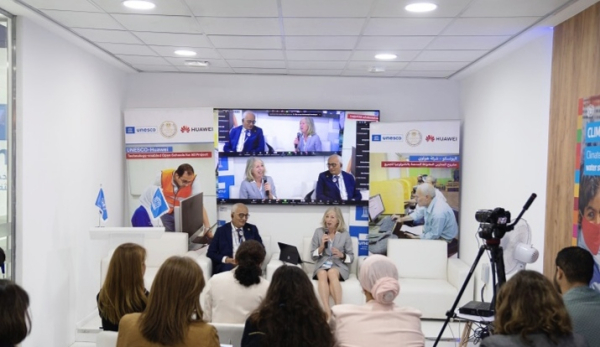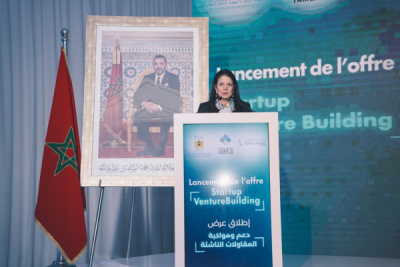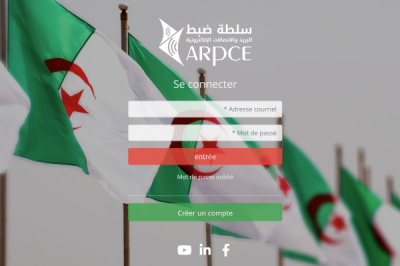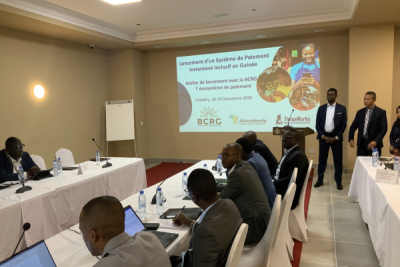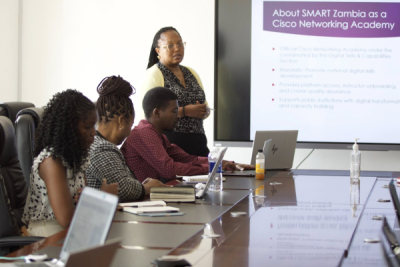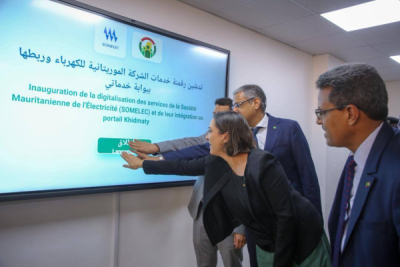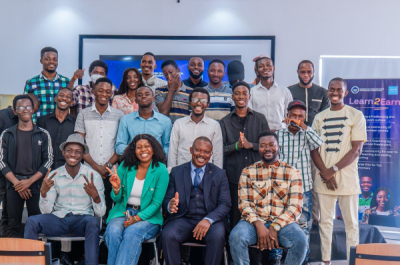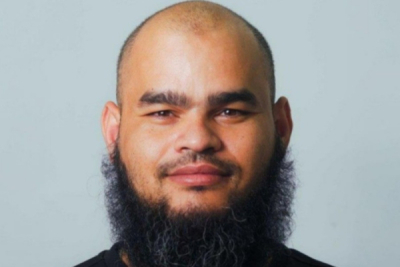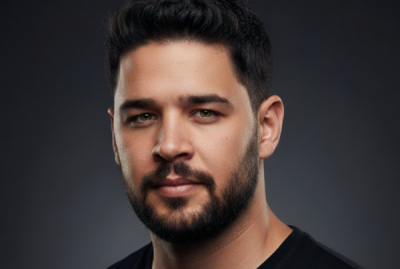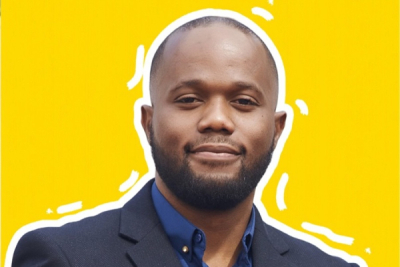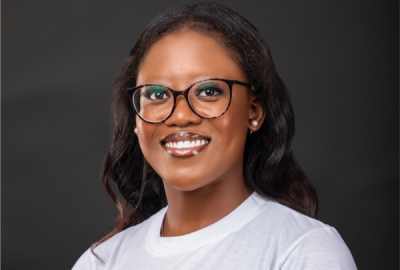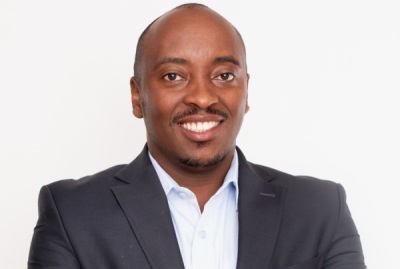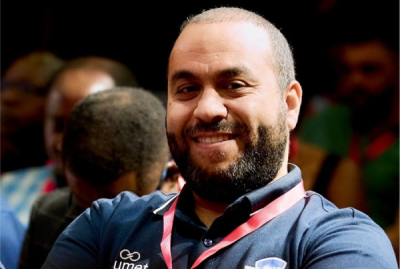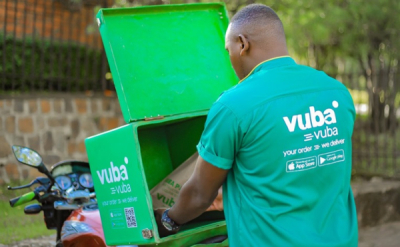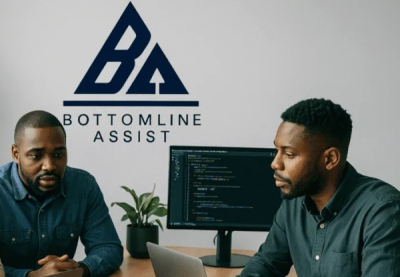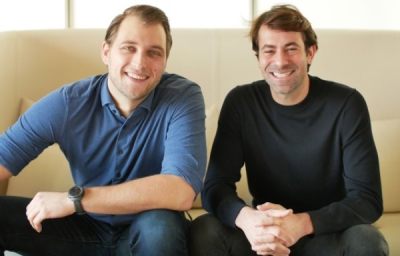The coronavirus pandemic revealed the need to develop strategies to ensure education continuity in times of crisis. In that regard, countries, and development partners are now implementing projects to bridge the digital divide and transform the education system.
Earlier today, November 15, during an event organized on the sidelines of COP27, UNESCO and HUAWEI presented their joint Technology-enabled Open Schools for All (Huawei TECH4ALL) program.
The program was presented by Stefania Giannini, Assistant Director-General of the United Nations Educational, Scientific and Cultural Organization (UNESCO). During her presentation, she explained that it has become necessary to leverage technologies to change education models.
“Aiming to leave no one behind in the digital world, enabling equity and quality in education is one of four focused domains in the Huawei TECH4ALL digital inclusion initiative,” said Catherine Du, head of the Huawei TECH4ALL program.
The program, which entered its implementation phase in Ghana, Egypt, and Ethiopia last year, aims to encourage the development of resilient education systems in times of profound global changes like the Covid-19 pandemic. Apart from equipping schools, the program also includes digital training for teachers and learners as well as the development of online platforms -to enable hybrid learning- and digital courses.
In Egypt, the joint UNESCO-Huawei program aims to empower 950,000 teachers, principals, and supervisors to more effectively integrate ICT into their daily practice. Ultimately, in the country, 23 million basic education students are expected to benefit from an improved and more equitable digital learning experience.
TECH4ALL, which aligns with UNESCO’s flagship program Priority Africa, will ensure that Sub-Saharan African countries can leverage technology as an accelerator to achieve MDG 4 and as an equalizer for digital development opportunities. It will contribute to the achievement of the goals of "Agenda 2063: The Africa We Want," including sustained investments in universal early childhood development and basic education, and the elimination of gender disparities at all levels of education.
Samira Njoya


